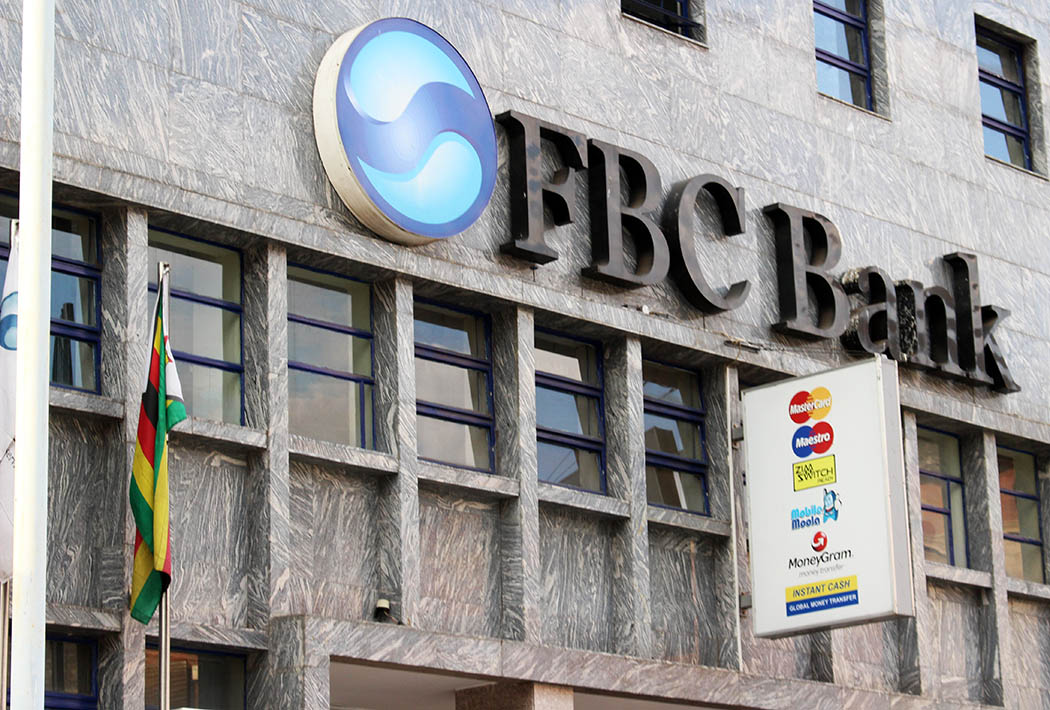Treasury interventions to improve farmers’ profitability: FBC Securities
The upward review of the tax-exempt threshold on withholding tax for agricultural commodities will improve farmers’ profitability and earnings yield, according to
In its 2024 national budget analysis, FBC added that this measure acts as a stimulus to increased agricultural production and investment in the sector.
“With a higher tax-exempt threshold, farmers may experience improved cash flows. This ultimately provides farmers with more working capital to invest in their operations or address immediate financial needs,” it said.
In the budget, Finance, Economic Development, and Investment Promotion Minister Mthuli Ncube said it was necessary to support smallholder and subsistence farmers in the delivery of grain to the Grain Marketing Board and to other commercial buyers.
He proposed to review the tax-exempt threshold for withholding tax on agricultural commodities that include soy beans, sunflowers, groundnuts, and cotton seed from US$1 000 per annum to US$5 000 or the local currency equivalent.
Agriculture economist Dr. Renneth Mano said this could have been the biggest good news for agriculture in the budget.
He said the Minister was very bold and very brave in shaving down the agriculture budget share from 8.5 percent to 7.7 percent while fully acknowledging the AU Abuja Declaration, in which African countries committed to investing at least 10 percent of the national budget into their agriculture.
In other analyses, FBC said the upward review of the tax-free threshold, including bonuses, provides some income relief to employees, and increased consumer spending arising out of this intervention can contribute to overall economic growth.
On the conversion of civil servants COVID-19 and cushioning allowances to pensionable salaries, FBC said that since pension benefits are often calculated based on pensionable salaries, converting allowances into pensionable salaries can result in higher pension benefits for employees.
“This can be particularly beneficial during retirement. However, on the flip side, converting allowances into pensionable salaries impacts the tax liability of employees as these allowances are tax exempt, and converting them to salaries induces a tax obligation.”
In another measure, licensed, tax-compliant, and VAT-registered operators will be the only ones allowed to acquire goods from manufacturers.
The FBC said this policy ensures that businesses adhere to licensing, tax, and VAT regulations, promotes a culture of compliance, and helps reduce tax evasion and other illicit activities.
“By restricting access to manufacturers only for compliant operators, the policy can create a more level playing field as it prevents unlicensed or non-compliant businesses from gaining an unfair advantage,” reads part of the report.
However, it was noted that the measure creates barriers to entry for new businesses or small enterprises that may find it challenging to meet all the licensing and tax requirements.
“This could stifle innovation and competition,” FBC said.
The report said complying with licensing, tax, and VAT requirements often incurs additional costs for businesses; hence, small businesses, in particular, may find these costs burdensome, affecting their competitiveness.-ebusinessweekly











